Porn video malware infects 110,000 Facebook users
New Trojan will tag your friends in Facebook porn post on your behalf
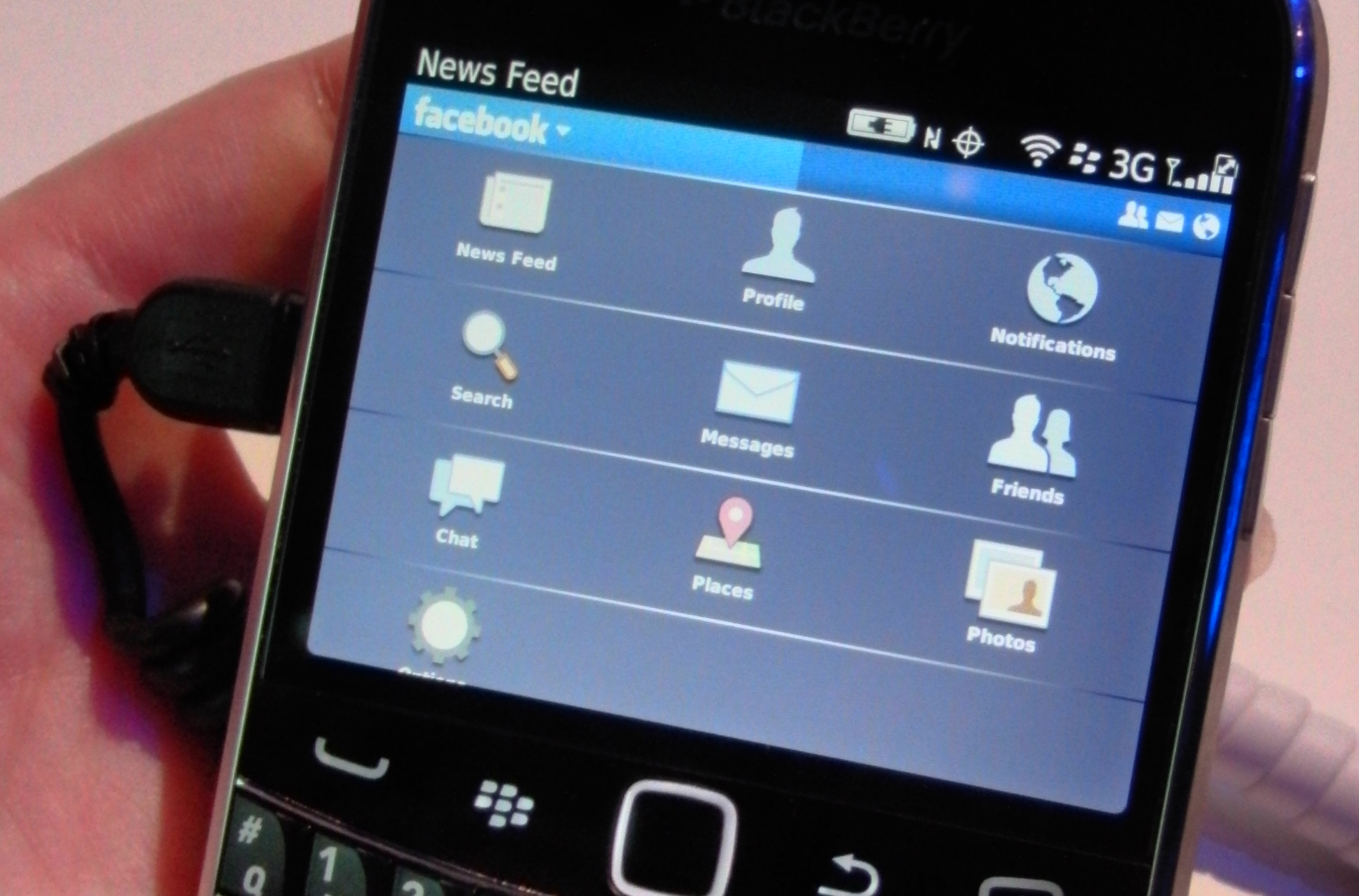
More than a hundred thousand Facebook users have been tricked into downloading a porn-based Trojan attack.
The malware lures users of the social network by offering up a link to a porn video via a friend's account, which has already been infected, according to security researcher Mohammad Faghani.
By clicking the link, users get a preview of a porn video, but it stops midway through, prompting them to download a Flash player to continue watching.
This is a fake player that will download the malware to a user's PC, hijacking control of their keyboard and mouse, warned Faghani in a post on the Full Disclosure mailing list.
The virus then spreads itself by posting the link on the infected user's Facebook profile, tagging their friends.
So far it has infected 110,000 Facebook users' computers in just two days, Faghani added, but has proved more virulent than previous malware that sends private messages to friends.
"This malware keeps its profile low by only tagging less than 20 users in each round of post," he said.
Sign up today and you will receive a free copy of our Future Focus 2025 report - the leading guidance on AI, cybersecurity and other IT challenges as per 700+ senior executives
"In this case, the tag may be seen by friends of the victim's friends as well, which leads to a larger number of potential victims. This will speed up the malware propagation."
Facebook released a statement to Threatpost, saying it is aware of the problem and is in the process of tackling it.
"We use a number of automated systems to identify potentially harmful links and stop them from spreading," a Facebook spokesperson told Threatpost.
"In this case, we're aware of these malware varieties, which are typically hosted as browser extensions and distributed using links on social media sites.
"We are blocking links to these scams, offering cleanup options, and pursuing additional measures to ensure that people continue to have a safe experience on Facebook."
-
 What is Microsoft Maia?
What is Microsoft Maia?Explainer Microsoft's in-house chip is planned to a core aspect of Microsoft Copilot and future Azure AI offerings
-
 If Satya Nadella wants us to take AI seriously, let’s forget about mass adoption and start with a return on investment for those already using it
If Satya Nadella wants us to take AI seriously, let’s forget about mass adoption and start with a return on investment for those already using itOpinion If Satya Nadella wants us to take AI seriously, let's start with ROI for businesses
-
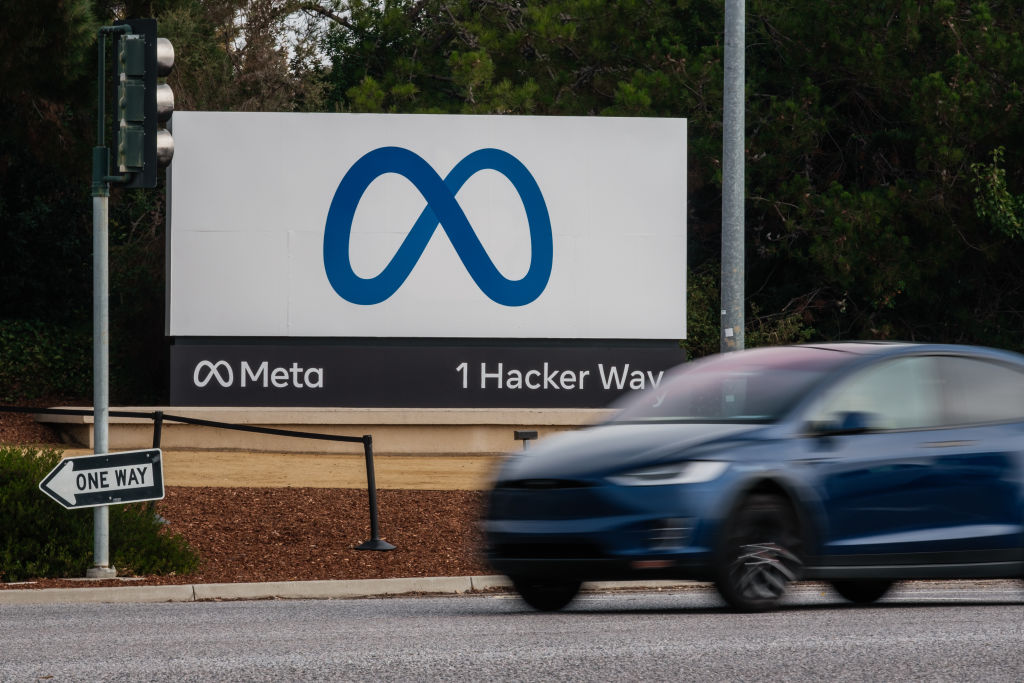 Latest Meta GDPR fine brings 12-month total to more than €1 billion
Latest Meta GDPR fine brings 12-month total to more than €1 billionNews Meta was issued with two hefty GDPR fines for “forcing” users to consent to data processing
-
 "Unacceptable" data scraping lands Meta a £228m data protection fine
"Unacceptable" data scraping lands Meta a £228m data protection fineNews The much-awaited decision follows the scraping of half a billion users' data and received unanimous approval from EU regulators
-
 Meta notifies around 1 million Facebook users of potential compromise through malicious apps
Meta notifies around 1 million Facebook users of potential compromise through malicious appsNews The vast majority of apps targeting iOS users appeared to be genuine apps for managing business functions such as advertising and analytics
-
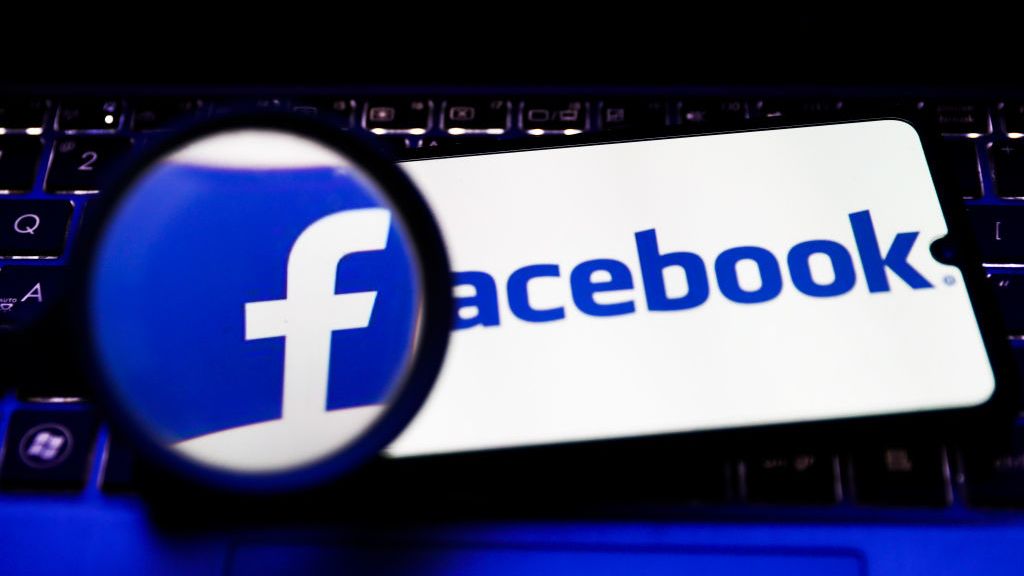 Facebook business accounts hijacked by infostealer malware campaign
Facebook business accounts hijacked by infostealer malware campaignNews Threat actors are using LinkedIn phishing to seize business, ad accounts for financial gain
-
 Meta begins encrypting Facebook URLs, nullifying tracking countermeasures
Meta begins encrypting Facebook URLs, nullifying tracking countermeasuresNews The move has made URL stripping impossible but will improve analytics
-
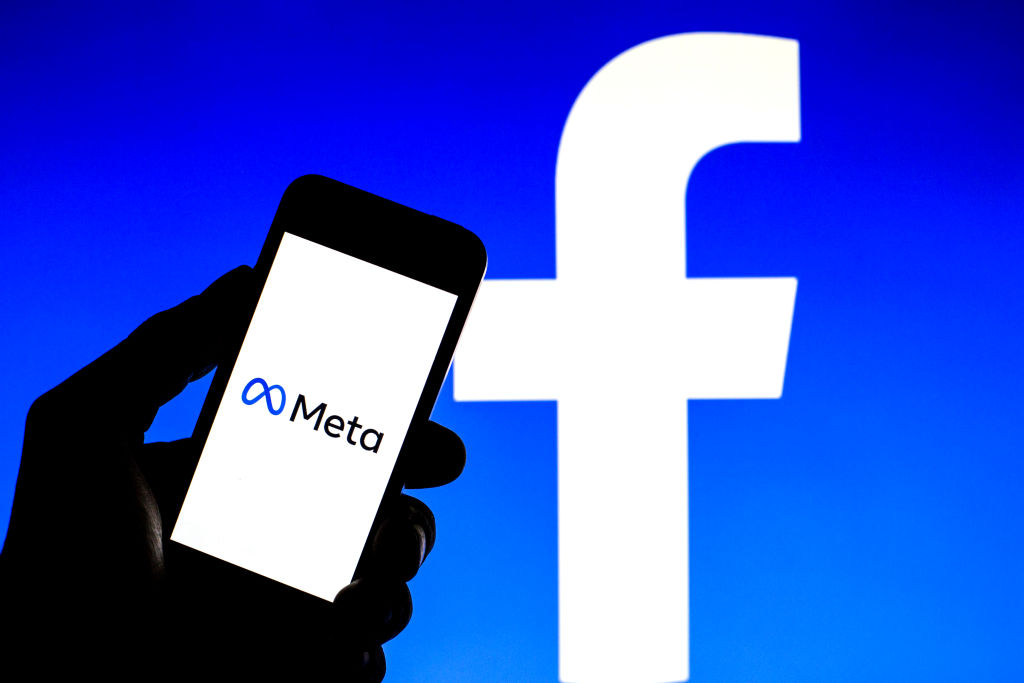 Meta hit with €17 million fine over multiple GDPR breaches
Meta hit with €17 million fine over multiple GDPR breachesNews The social media giant set aside over €1 billion in November to help it cope with potential fines arising from data protection investigations
-
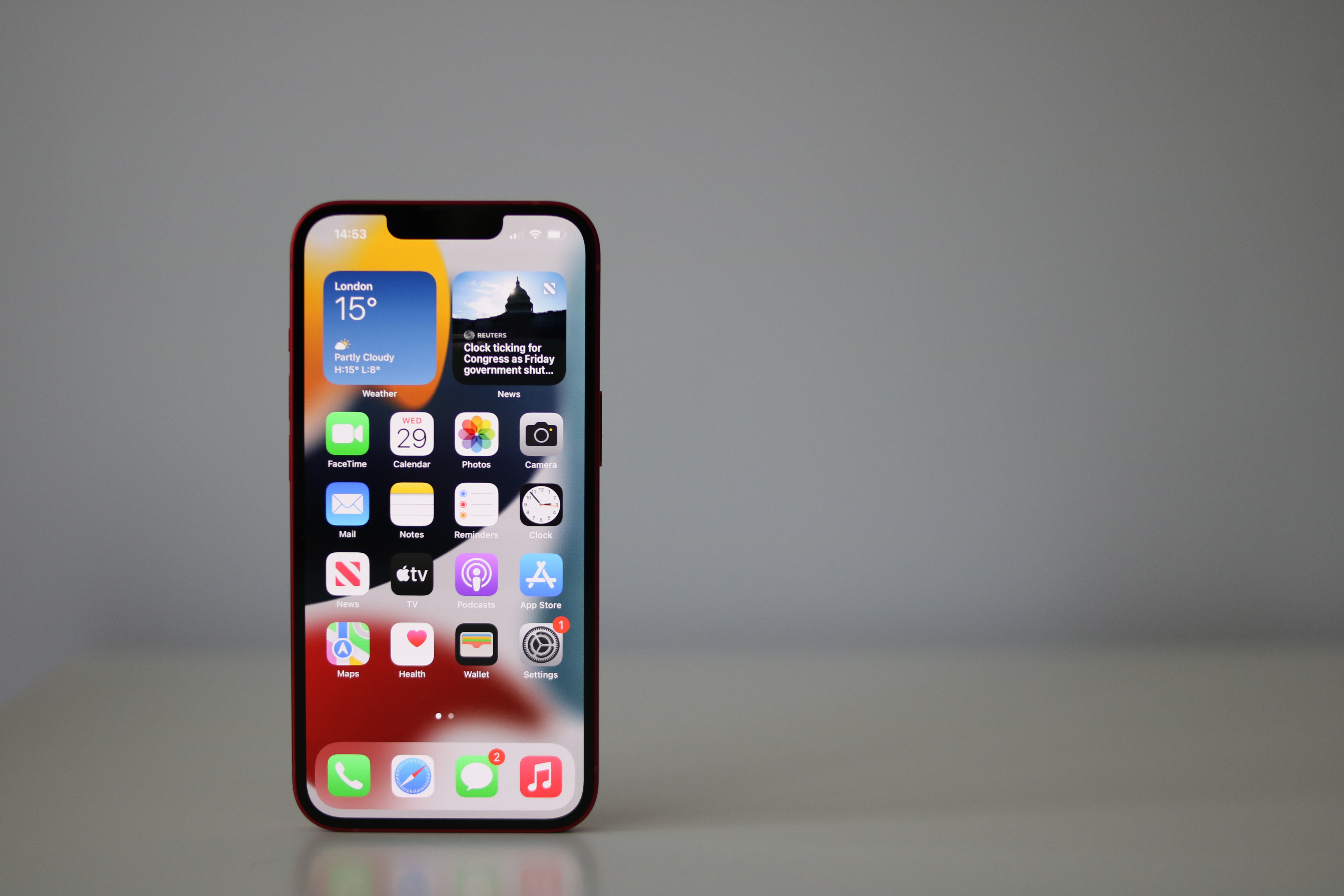 Meta says Apple's iOS privacy changes will cost it $10 billion in 2022
Meta says Apple's iOS privacy changes will cost it $10 billion in 2022News The company's CFO suggests Google "faces a different set of restrictions" because it pays Apple to remain the default iOS search engine
-
 Google, Facebook fined €210 million for making it difficult for users to reject cookies
Google, Facebook fined €210 million for making it difficult for users to reject cookiesNews Data regulator CNIL gives companies three months to provide a system for refusing cookies that is as easy as single click consent